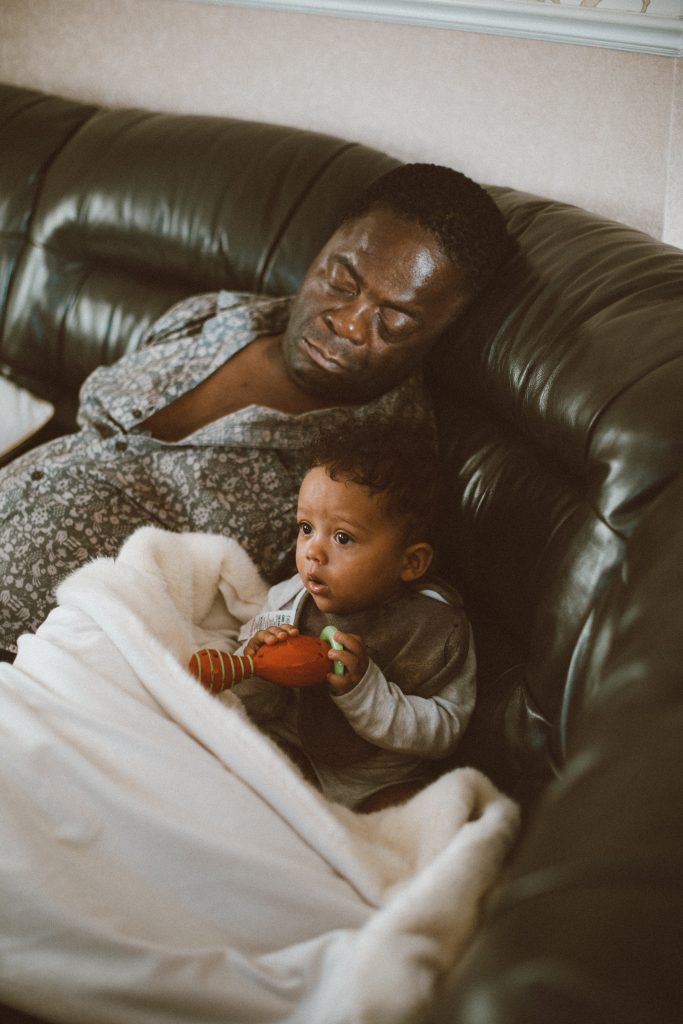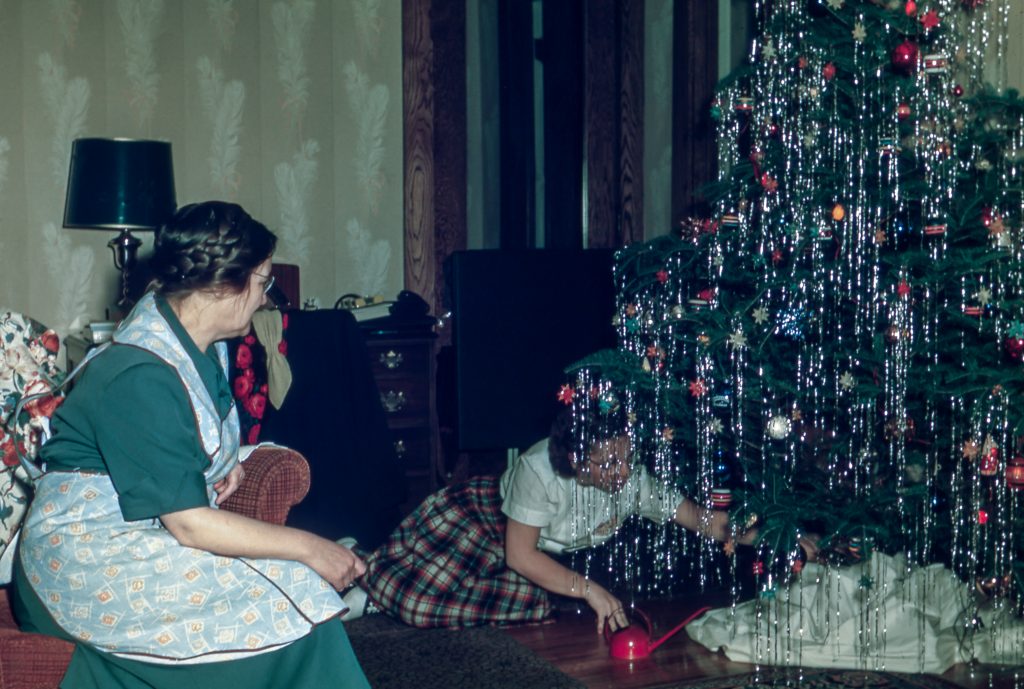
Your elder care advocates at My Elder share a list of behaviors that may indicate that you need to take action.
The end of year holiday season is quickly approaching. Many people are planning to visit their elderly parents and relatives during this festive time.
For many of us, the holidays offer a once-a-year time to visit with elderly relatives who live at a distance. These Holiday visits are a good time to assess any assistance or elder care services parents or other elderly loved ones might need.
There are many issues to consider. Does an elderly loved one require help with chores or housekeeping, personal care, shopping and meal preparation, money management, transportation, medical checkups, or medications? Are they isolated or do they live with others? If living with another, are they dependent on that person for elder care? Is that person an appropriate caregiver? Do they need other elder care options, or perhaps a better long term care plan?
Related Posts
Guardianship Abuse Destroys Lives
Is The Doctor In? The Physician’s Role In Long-Term Care
Nursing Homes Impose Visitation Restrictions
During your visit, keep an eye out for warning signs of self-neglect or abuse or neglect by others, especially guardianship abuse. If, before you make your trip, you suspect that your loved one needs extra assistance, plan a longer stay so that you can visit local aging services organizations during regular work hours. Allow enough time during your visit to accomplish necessary tasks.

Changes in physical and cognitive abilities that may occur with age can be difficult to detect—for older adults and their family members, friends, and caregivers. My Elder has compiled this list of 10 warning signs. Any one of the following behaviors may indicate the need to take action. It is also important to inform the older adult’s physician of these changes.
1. Changing eating habits, resulting in weight loss, appetite loss, or missed meals
2. Neglecting personal hygiene, including clothing, body odor, oral health, nails, and skin
3. Neglecting the home, with a noticeable change in tidiness and/or sanitation
4. Exhibiting inappropriate behavior, such as being unusually loud, quiet, paranoid, or agitated, or making phone calls at unusual hours
5. Changing relationship patterns, causing friends and neighbors to express concern
6. Showing physical injuries, such as burns, which may have resulted from general weakness, forgetfulness, or misuse of alcohol or medication
7. Decreasing or stopping participation in activities that were once enjoyable, such as a bridge or book club, dining with friends, or attending religious services
8. Exhibiting forgetfulness, resulting in unopened mail, newspaper piles, unfilled prescriptions, or missed appointments
9. Mishandling finances, such as not paying bills or paying them more than once and losing or hiding money
10. Making unusual purchases, such as more than one subscription to the same magazine, entering an unusually large number of contests, or increasing purchases from television advertisements
My Elder provides elder advocacy services to families. Talk to us about long-term planning, finding the right home for your loved ones, preventing crisis and abuse, and ensuring they receive the best care possible.
Photo Credits Humphry Muleba and Les Anderson


